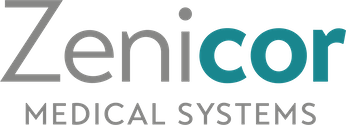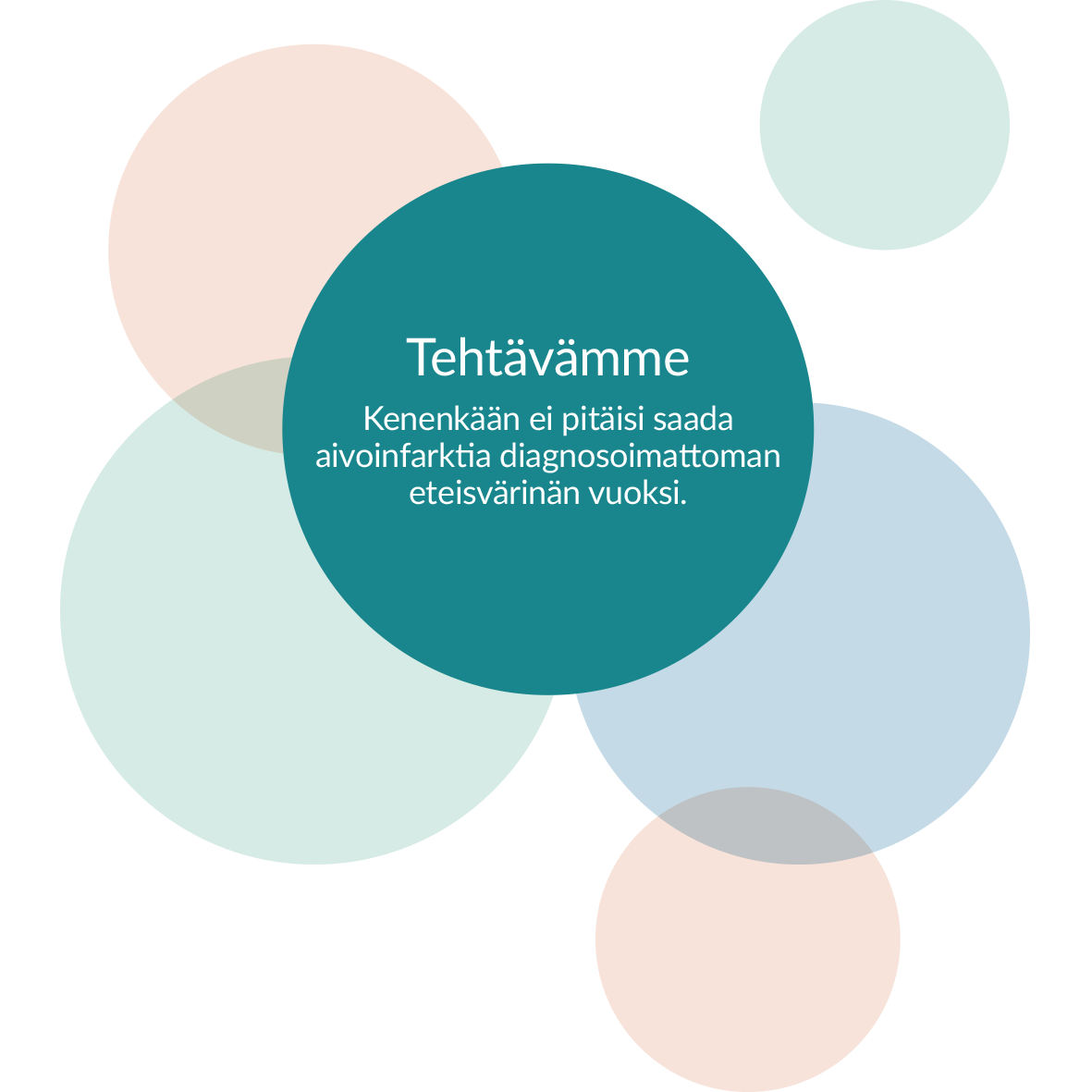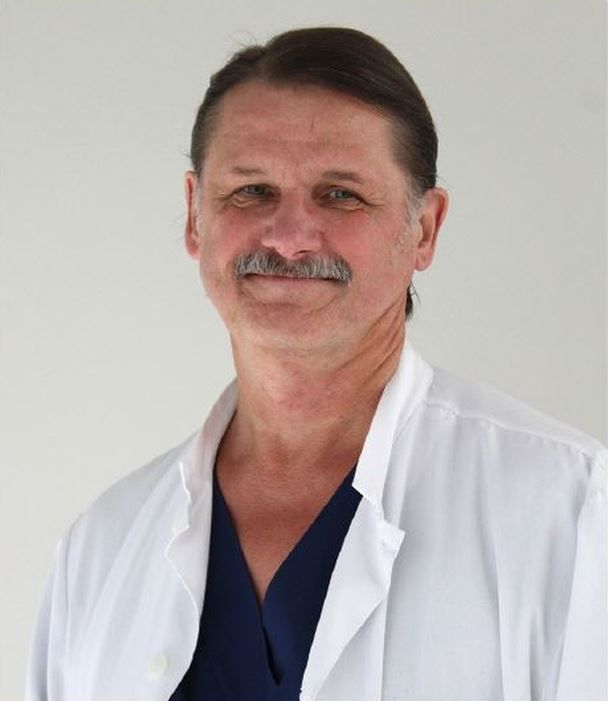Customer references
Why we use Zenicor in our care pathway for arrhythmias
Kjell Nikus, Cardiologist at Tampere Heart Hospital and Professor of Cardiology, University of Tampere, Finland
In this interview Kjell Nikus talks about their experience of implementing Zenicor’s optimised care pathway for arrhythmia investigation.
You have had a prominent role in the development and implementation of the new care pathway for arrhythmias detection in Tampere. Can you tell us more about this?
– We started investing in telemedicine about 10 years ago. As a cardiologist, I have worked extensively with ECG consultation and technical solutions to streamline patient care. We came across Zenicor a few years ago and over time the relationship has developed into a successful collaboration.
The pilot project in Tampere started in 2017 and was carried out with GP surgeries in the area. Was there anything in particular that made you decide to continue the collaboration?
– Above all there were two clear advantages which we identified when using Zenicor for arrhythmia investigation. The first was the logistics and its simplicity. The other advantage was that it (Zenicor ECG device) was easy to use for different patient populations as it was very easy for all patients to understand how to use it.
After the pilot project came to an end you chose to implement the care pathway. An agreement was signed with Zenicor which was designed as a service agreement for ECG interpretation – what can you tell us about this?
– As the pilot project had worked out so well, we at the Heart Hospital agreed with Zenicor on a framework agreement to provide ECG interpretation services to GP surgeries via individual contracts. Marketing, training and support are handled by Zenicor which has simplified things for us, and we have been able to focus on our medical work.
How was the implementation of the commercial agreement in the beginning?
– It has been very smooth! Zenicor has provided the GP surgeries with all the information they need. The nurses and doctors have been very satisfied, which is positive. Another important aspect is that the GP surgery does not need to make any up-front investment in equipment as this is provided by Zenicor, instead the surgeries invest in the service for their patients. This (business model) is more feasible for the GP surgeries and the whole care pathway works better.
Zenicor offers a comprehensive solution for service, training and logistics which has made it very straightforward for the GP surgeries (to buy the service). The business model where payments for ECG investigations are paid per patient on an ongoing basis means that incremental costs are low, and this is something the Finnish healthcare system welcomes.
Do you think the business model could be implemented at a larger scale?
– I see good opportunities for this to continue to spread throughout Finland. I believe high up-front investments have provided an obstacle in the past. The pay-per-patient business model we have with Zenicor, it is without a doubt more attractive to the GP surgeries. This is also a trend we will see more of in the healthcare sector.
Zenicor has many advantages in my opinion and it has the potential to grow this concept and the overall logistics further.
What does this mean for you as specialists, and what are the benefits for the GP surgeries getting direct support from you as a cardiologist?
– The design (of the pathway) is completely in line with what we as specialists aim for. We want to have an overall responsibility and now we have it. This gives cardiologists more opportunities to consultations and completely different possibilities among diagnostics. The (use of) Zenicor solution is aligned with our strategy to bring secondary care closer to primary care and to streamline the way we collaborate. It simply means that we can manage more patients more efficiently than before.
From a health economic perspective – what benefits do you see in the streamlined care pathway for arrhythmias detection?
– The big win is that we find more arrhythmias now than we did before, mainly atrial fibrillation. This way we can start treatment early and prevent stroke. This means that we can have both cost savings in treatment and reduce the suffering of patients.
Digitalised care pathway for arrhythmia investigations in Värmland, Sweden.
”The digitalised care pathway reduces waiting times and travelling for the patients. It is a win-win situation for us,
the patient and the referring GP.”
Anders Eriksson, Head of Unit Clinical Physiology, Karlstad Central Hospital



The new, streamlined care pathway is a combination of digitalisation and physical assessment with the patient:
- Arrhythmia patients receive Zenicor ECG device from their GP and record ECG measurements at home for a period of two weeks.
- The measurements are transferred digitally from the Zenicor ECG device to be interpreted at the Clinical Physiology department at Karlstad Central Hospital.
- Diagnosis is provided and communicated to patient’s GP by the centralised interpretation service at the Clinical Physiology in Karlstad Central Hospital. The GP contacts the patient regarding the diagnosis, possible additional assement or treatment.
Arrhythmia investigations for strokeprevention,
Danderyd Hospital, Sweden
“At the clinical physiology department at Danderyds Hospital, we have a fast-track with Zenicor Thumb-ECG, which has led to a routine that stroke patients receive a Zenicor-ECG device with them when leaving the hospital, which enables them to screen directly from home for atrial fibrillation – incredibly smooth and easy for the patient! Zenicor- ECG is a user-friendly solution for patients and healthcare professionals with a simple and easy-to-understand digital platform for analysis. Thanks to Zenicor, we have been able to reduce referral response time from 98 days to 28 days.”
Jacqueline Ulander
Biomedical Analyst at Danderyd Hospital, Stockholm, Sweden
























